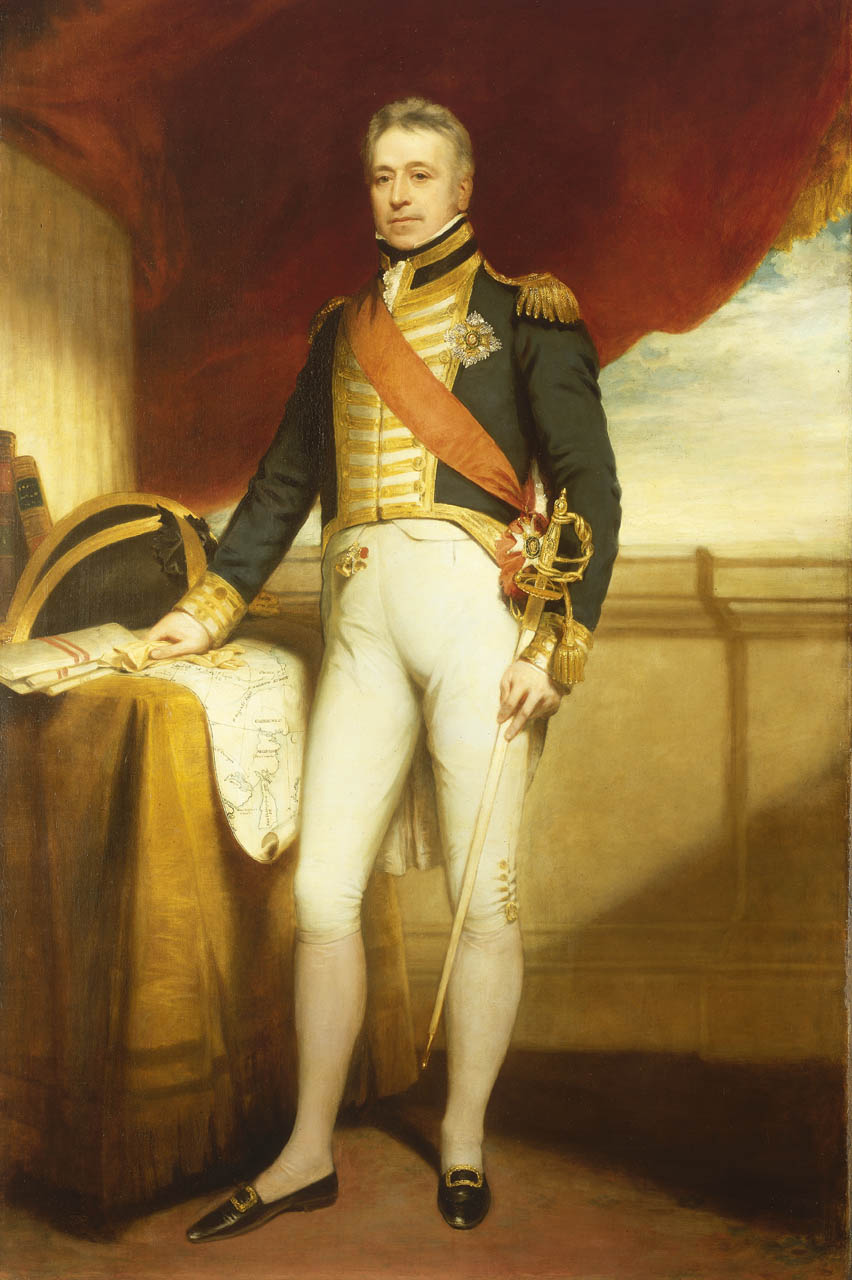Get Today in Masonic History into your Inbox. Sign up today for one of our email lists!
Need an article for your Trestleboard/Newsletter see our Use Policy
George Cockburn, 10th Baronet Passes Away

Today in Masonic History George Cockburn, 10th Baronet passes away in 1853.
George Cockburn, 10th Baronet was a British naval officer.
Cockburn was born on April 22nd, 1772 in London, England. He was educated at the Royal Navigational School. In 1781 he joined the Royal Navy as a Captain's servant. He served on several vessels before becoming a midshipman in 1791. He worked his way up the ranks over the next few years before becoming commander of the sloop HMS Speedy in 1793 and acting Captain of the HMS Inconstant in 1794.
Later in 1794, Cockburn became a full captain with his own ship, HMS Meleager. Cockburn commanded several ships during the French Revolution, the Napoleonic Wars and the War of 1812. By the War of 1812, Cockburn was a rear admiral. During the war he traveled along the Atlantic coast of the United States seizing ships and disrupting commerce. He also raided several ports. His most notable event was in August of 1814 when he raided Washington D.C. and burned the city, including the White House. For his efforts he was appointed Knight Commander of the Order of the Bath.
In 1818, Cockburn began his political career. This was while he remained in the naval service. He served in Parliament on several different occasions over the next 14 years. He was also appointed as Junior Naval Lord under the ministry of Lord Liverpool.
Cockburn served as First Naval Lord under Sir Robert Peel in both of his governments. The first lasted only five months from December 1834 to April 1835. The second lasted five years from 1841 until 1846. As First Naval Lord, Cockburn changed and modernized the Royal Navy. He made sure steam technology and screw (propeller) technology were readily available to Naval ships. He also changed the standard of discipline for sailors. Instead of the traditional physical punishment used, Cockburn emphasized the ability to manage sailors.
Cockburn inherited the Baronetcy from his brother in February of 1852. Cockburn passed away just over a year later on August 19th, 1853.
Cockburn was a member of Antiquity Lodge No. 2 in London, England.
This article provided by Brother Eric C. Steele.

